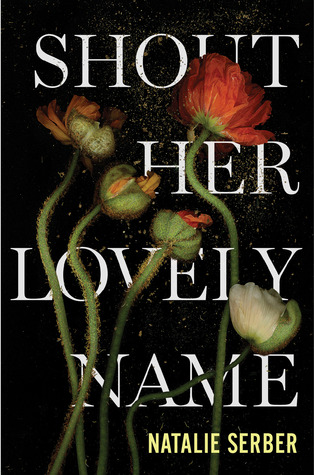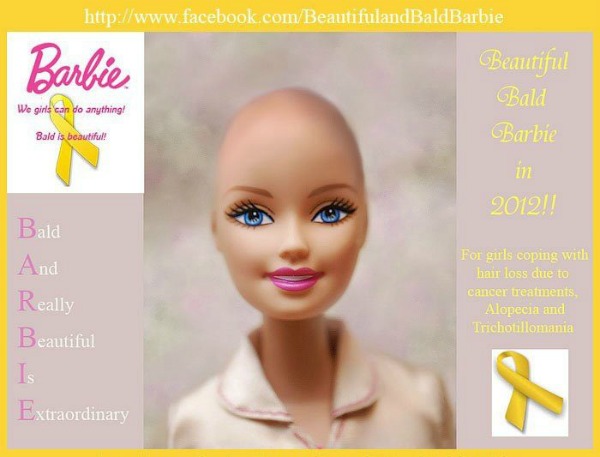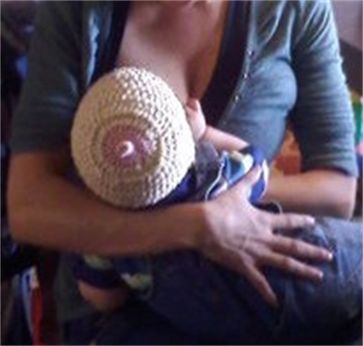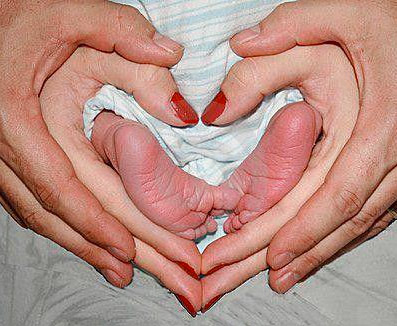
by Mike Barnes, The Hollywood Reporter
She partnered with Steve Martin on “Picasso at the Lapin Agile” and in a television production company.
Joan Stein, a Tony Award winner who produced dozens of plays on both coasts and partnered with Steve Martin in a television company, died Friday of appendix cancer at Cedars-Sinai Medical Center in Los Angeles, a family spokesperson said. She was 59.
Her husband of 35 years, producer Ted Weiant, told the Los Angeles Times that Stein was diagnosed just four weeks ago with the rare type of cancer.
Stein, who produced and/or served as general manager for more than 80 plays and musicals during her three-decade career, earned her Tony for best play in 1999 for Warren Leight’s Side Man, a drama centered on the turbulent life of a jazz musician. The drama also earned a Pulitzer Prize nomination.
In 1994, Stein partnered with producer Stephen Eich to present the Los Angeles premiere of Martin’s Picasso at the Lapin Agile at the Westwood (now the Geffen) Playhouse. The show moved to off-Broadway’s Promenade Theatre and received the Outer Critics Circle Award for best production. Picassomoved to San Francisco’s Theatre on the Square and continued to play nationally and internationally.
With Martin, she created Martin/Stein Productions, a division of Carsey-Werner Productions. Their work included two short-lived series, 2001’s The Downer Channel for NBC and 2005’s The Scholarfor ABC.
Earlier, she produced the 1989 ABC telefilm My Brother’s Wife, starring John Ritter and Mel Harris, and 1992’s Crazy in Love , starring Holly Hunter, Gena Rowlands and Bill Pullman at TNT.
A native New Yorker and graduate of the State University of New York at Albany, Stein began producing off-Broadway with James Lapine’s Table Settings (1980), The Middle Ages (1983), The Miss Firecracker Contest (1984) and Tent Meeting (1987).
She made her Broadway debut as a producer with Larry Shue’s The Nerd in 1987. Her additional Broadway productions included Catch Me If You Can, Legally Blonde, Butley and 9 to 5.
In 1982, Stein began a five-year tenure as the managing director of the historic Berkshire Theatre Festival in Stockbridge, Mass., where she partnered with artistic director Josie Abady.
She moved to Los Angeles in 1990 and became executive director of the Canon Theatre in Beverly Hills, producing and general managing productions that included Love Letters, Forever Plaid,Ruthless! The Musical, Bermuda Avenue Triangle, The Last Night at Ballyhoo and Nude Nude Totally Nude, a one-woman show starring Andrea Martin. She spent a decade at the Canon, which closed in 2004.
Stein also served as the theater producer at the HBO Comedy Festival in Aspen, Colo.
Stein’s most recent projects include Motherhood Out Loud (with Susan Rose as co-conceivers/producers), which opened in September at Primary Stages in New York; Standing on Ceremony — The Gay Marriage Plays; the musical Mad Hot Ballroom; and Baby It’s You!, aboutThe Shirelles.
In addition to producing, Stein created and managed two theatrical investment funds, was a co-founder and served on the board of directors of New York Theatre Workshop and Women in Film, helped launch the charity Broadway Cares and for 22 years was a member of the Broadway League.
In addition to Weiant, survivors include sisters Marcia and Emily; nephew Keith and his wife Michele; niece Traci and her husband John; and great nieces and nephew Lily, Jacob and Marley.
Services will be held in New York, and memorials in Los Angeles and New York are being planned. In lieu of flowers, donations can be made to the American Cancer Society (Appendceal Cancer Research).




